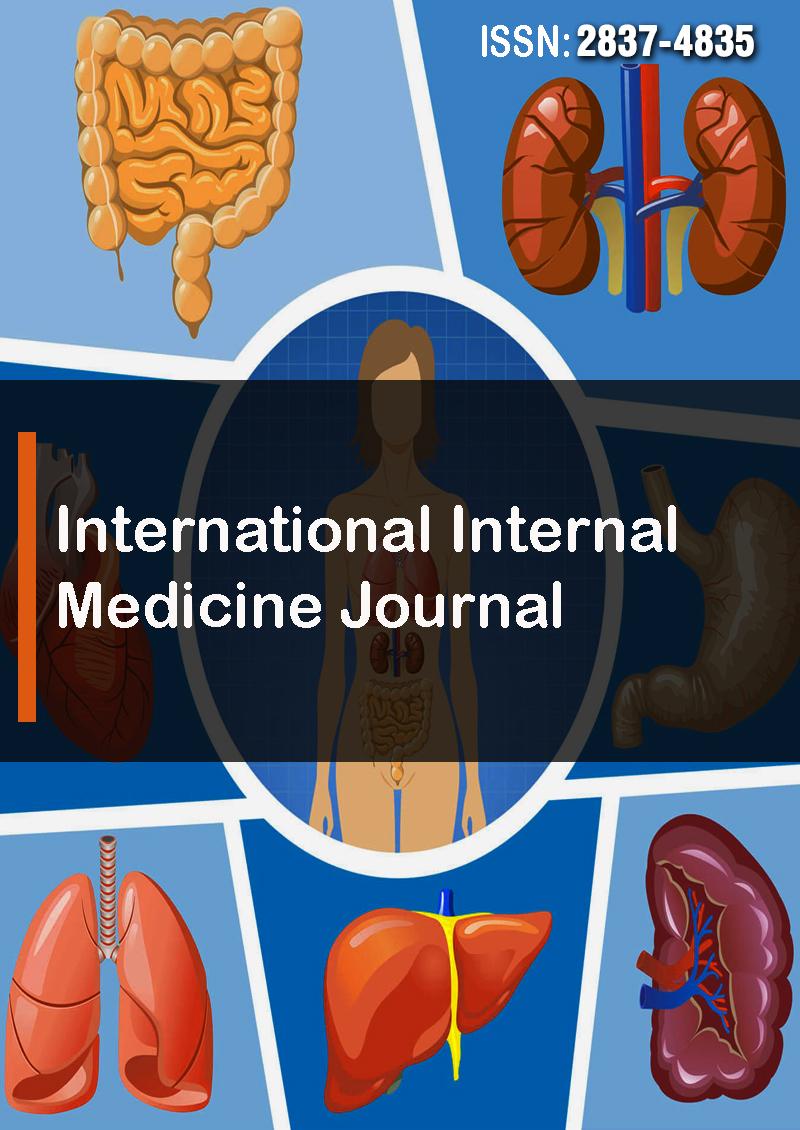Endocytosis and Transport of Silica Nanoparticles in BeWo b30 Cells
Abstract
Mengyao Wu, Weijie Jiang, Junyu He, Hongbo Tang, Haibo He, Jihong Zhang and Hongwu Wang
An understanding of the transport of silica nanoparticles (NPs) across the placental barrier is important in perinatal medicine. The cytotoxicity of silica NPs was investigated in this study. In up-take assays, we examined the size of NPs, as well as the effects of various inhibitors, on the internalization of silica NPs in BeWo b30 cells.
The expression levels of PI3K, AKT and GSK3β were assessed after the cells were treated with silica NPs and/or the PI3K/ AKT signaling pathway inhibitor LY294002. The integrity of the cell monolayer was assessed by culturing cells on Transwell inserts and measuring the transepithelial electrical resistance, assessing fluorescein sodium transport, and staining the tight junction protein zonula occludens-1. Silica NPs were spherical in shape, and concentrations <300 μg/mL were not cytotoxic. The internalization of silica NPs with a diameter of 50 nm and 100 nm was greater than that of silica NPs with a diameter of 20 nm. CPZ manifested the most pronounced inhibitory effects with inhibition rates of 20-nm, 50-nm and 100-nm silica NPs reaching 57.5%, 49.6% and 46.9%, respectively, which indicated that silica NPs were internalized through clathrin- and caveolae- mediated endocytosis. Furthermore, LY294002 affected the uptake of 100-nm silica NPs dose-dependently. The treatment of cells with silica NPs also elevated the levels of p-PI3K/PI3K, p-AKT/AKT and p-GSK3β/GSK3β, while LY294002 inhibited the levels of these proteins, which manifested that the internalization of silica NPs was regulated by the PI3K/AKT/ GSK3β signaling pathway. Taken collectively, these results provided new insights on the transplacental transport of NPs in perinatal medicine.



